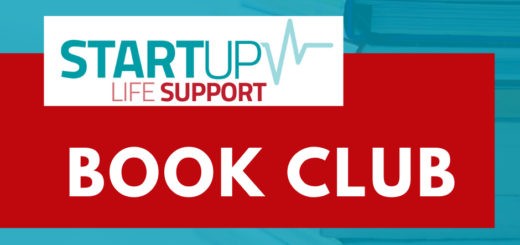Does Entrepreneurship Equal Freedom?
 Freedom is one of the greatest reasons entrepreneurs cite for wanting to go into business for themselves. But books like Tim Ferriss’ The Four Hour Workweek and billion-dollar paydays for startups like Instagram are setting unrealistic expectations for business owners. Doing work you love while traveling or having loads of free time is attainable – but it doesn’t happen overnight for most entrepreneurs.
Freedom is one of the greatest reasons entrepreneurs cite for wanting to go into business for themselves. But books like Tim Ferriss’ The Four Hour Workweek and billion-dollar paydays for startups like Instagram are setting unrealistic expectations for business owners. Doing work you love while traveling or having loads of free time is attainable – but it doesn’t happen overnight for most entrepreneurs.
Don’t call me a Debbie Downer, but I’m tired of the world making entrepreneurship look easy. Too many people throw in the towel because they think they’re the only ones who struggle. But more often than not, successful entrepreneurs have overcome significant challenges on their journey. But we rarely hear those stories in the making.
Before America was able to declare her independence from Great Britain in 1776, battles had to be fought and won. Sacrifices were made for the freedom our forefathers desired. So if you’re looking for freedom by way of entrepreneurship, figure out what it will cost you and if it’s a battle worth waging.
You can start by answering these three questions:
How many hours can I commit to my business on top of my regular job?
A 2014 study by Intuit shows that more than half of all Canadian startups are run by part-time entrepreneurs. So until your business takes off, the notion of entrepreneurship offering time freedom is a fairly tale. Expect to work overtime all the time.
How long would I do this without a significant profit?
Even more than being a money issue, this is about pursuing a business you actually enjoy. If you’re going to trade in your nights and weekends for more work, being passionate about what you’re doing is critical. In my book, 5 Rules to Win Being You, I warn against jumping out of the frying pan into the fire. Who cares that your “upline” is cashing big commission checks. If you don’t care about the product, you probably won’t stick with it long enough to get your golden ticket to freedom. Unless you really enjoy selling.
Does freedom through entrepreneurship mean running from or running to?
When I started working on my exit strategy from Corporate America, it wasn’t because I hated my boss or didn’t like my salary. There was something on the inside of me that needed to make an impact that my former career path couldn’t offer. In fact, the pull was so strong that it was worth sacrificing the security of a stable paycheck. If your greatest motivation for starting a business is that you hate your job, get a new job.
If you want to declare your independence from being employed by someone else, start by creating an exit strategy that includes realistic goals and timelines, along with a dogged determination to succeed driven by the right motives.




